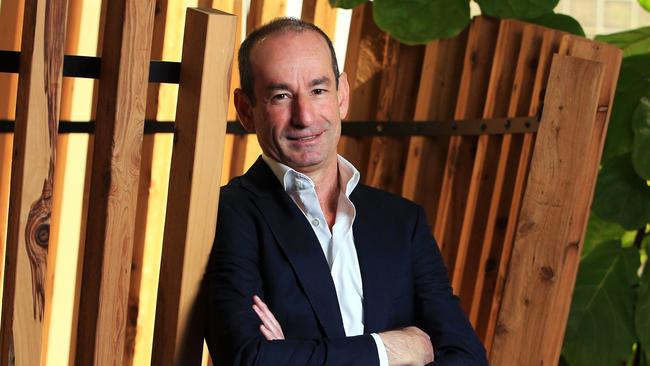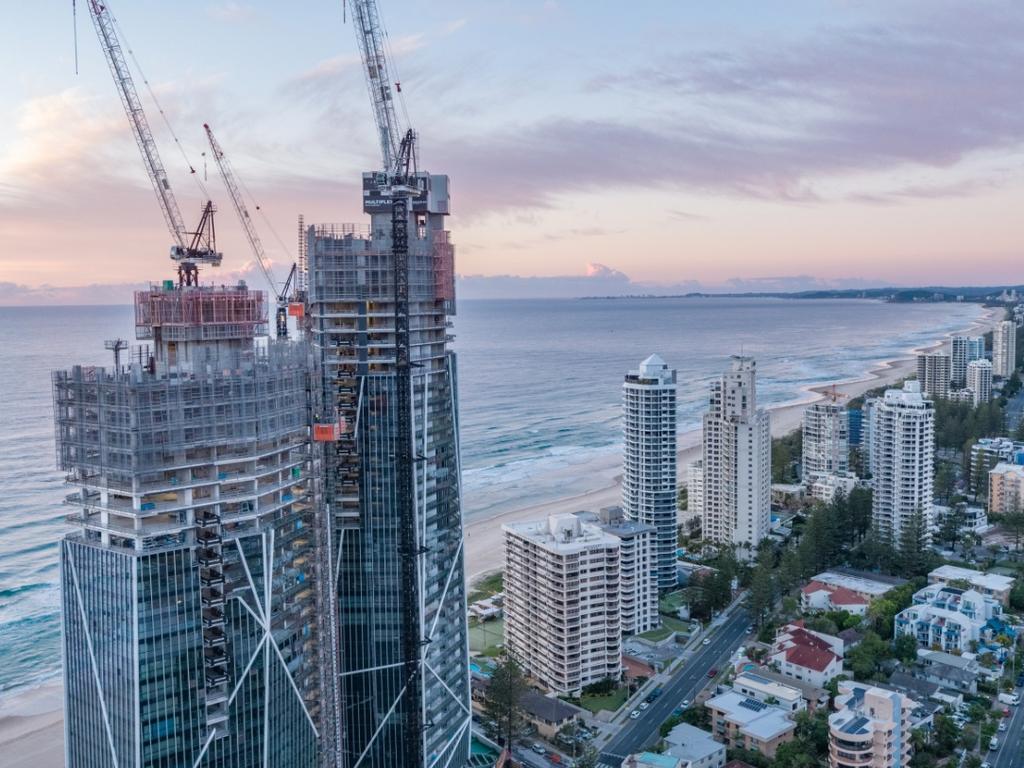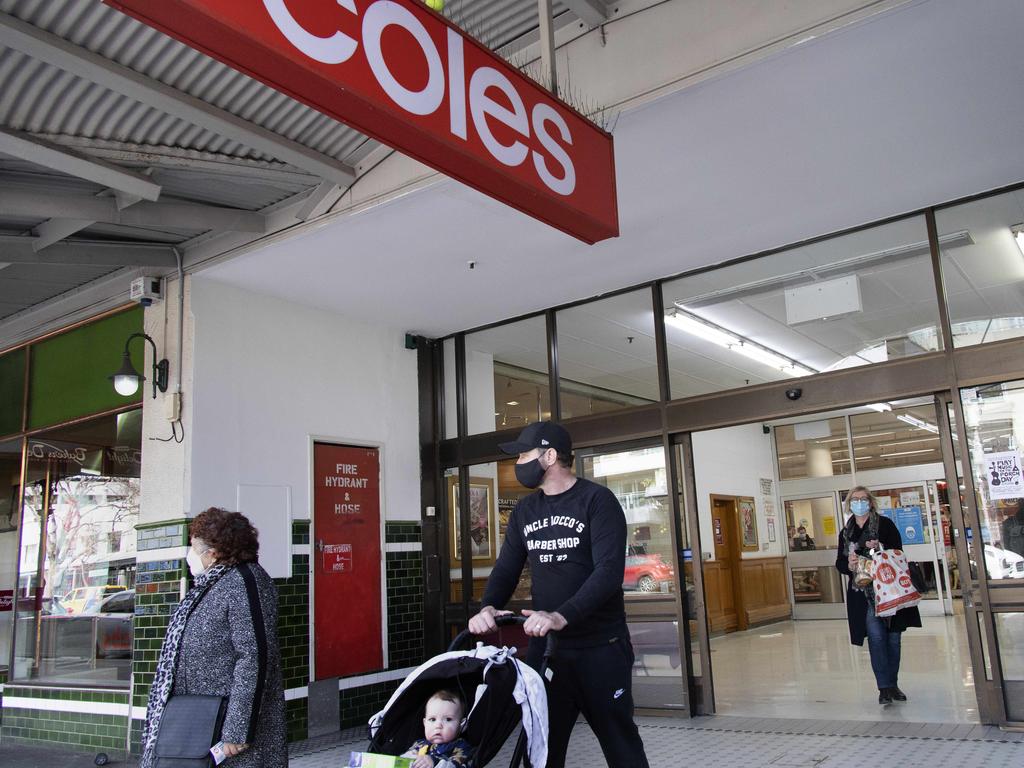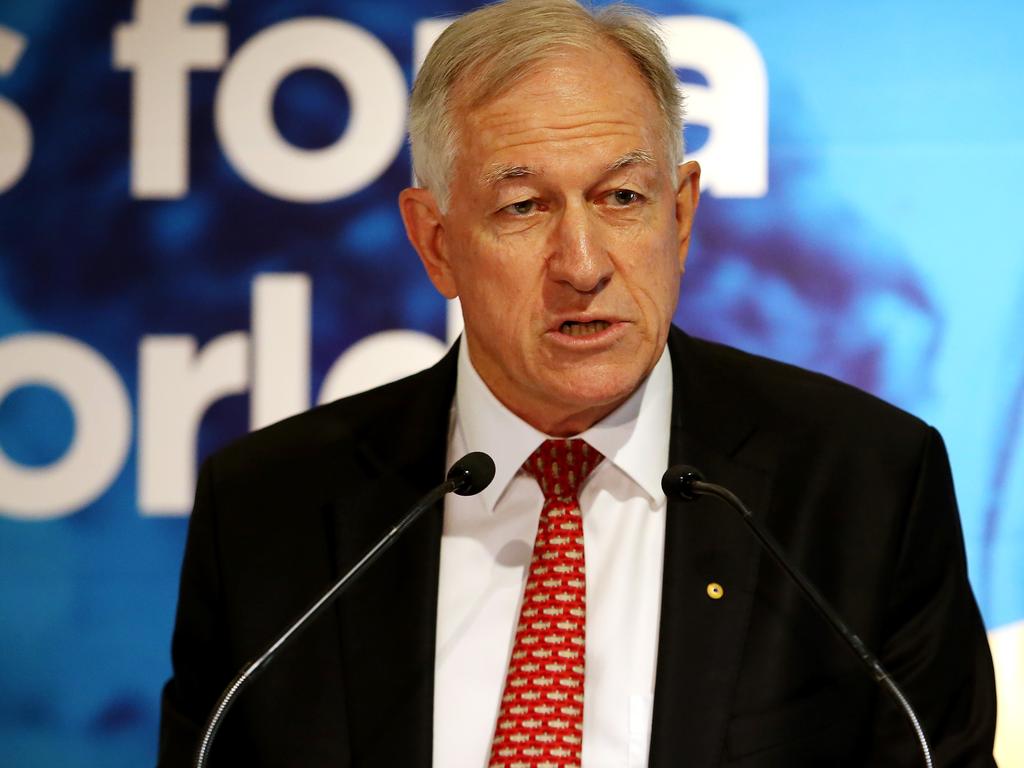
In 2017, the Nasdaq-listed stock was privatised by the then 62 per cent owner Seek in a deal valuing the company at $1.8bn and Seek’s holding at $1bn.
Along the way, it spent more than $300m buying out other shareholders, including Macquarie Bank and James Packer.
The company is a classic Seek investment, long-term patient capital moving a third-ranked player in a huge market up to equal first and expanding its earnings and potential along the way.
Last financial year the Chinese company accounted for 48 per cent of Seek’s revenue and 30 per cent of earnings before interest, tax, depreciation and amortisation.
The normally chatty Andrew Bassat doesn’t like talking about Seek much these days, in part because China is in the news and the last thing he wants is to draw a target on his back.
As one of Australia’s single biggest investors in China, there is a new sense of vulnerability about the investment given the growing tension between the two countries and the present Chinese leadership’s clear global aspirations.
When he privatised Zhaopin, Bassat was smart enough to join with two Chinese private equity firms — Fountain Vest and Hillhouse — in the deal and the rumoured interest in a new investor comes after reports this month that the private equity players wanted to reduce their position.
Talk of Alibaba’s interest raised all sorts of possibilities, including a pathway out of the investment for Seek.
At least initially the entry may be via a $500m equity injection, or selldown of the private equity holdings.
Bassat was characteristically non-committal when contacted on Wednesday and, in a note to the ASX, said even less.
The Alibaba reports sent his stock price up 9.4 per cent to $21.02.
Snowflake floats in
Wednesday night’s scheduled $4bn float of cloud-based data management company Snowflake continues a stellar run in the US that has bypassed the Australian investment banks.
This year more than $108bn in floats have hit the bourse, with technology companies leading the way.
Snowflake came to the party with some big-name backers, including Warren Buffett, and starts life with a market value of $46bn.
The Asian market has also had a strong IPO year, which will get even bigger with the Ant Financial float, with the Alibaba spin-off to be valued at about $200bn.
Australian bankers have had to make do with the run of COVID-19 raisings that on Ownership Matters figures has totalled $33bn so far, raising $555m in fees.
As an aside, this week’s mea culpa from the ASX ranks as one of the monopoly’s most egregious about-faces.
This week it confided that earlier this year, when it opened the door for equity raisings to be exempted from normal shareholder approvals due to the difficult COVID-19 market, it was really only intended to help COVID-constricted stocks.
IOOF’s $1bn raising to help pay for its MLC expansion didn’t qualify on any metric, but it was waved through by the monopoly, abandoning small and retail holders to the ravages of the market.
The raising was done at $3.50 a share earlier this month and the stock, after rallying 4.2 per cent on Wednesday, is still at only $3.22. That means retail shareholders are down on a stock trading at over $5 in August, will be massively diluted and left floundering by the ASX’s ruling.
No problem for the monopoly; it simply issued a short note this week to explain what it really meant was that only COVID-affected stocks were exempted.
Fund managers are being swamped with potential floats in a mad dash by investment bankers to boost bonus credentials before the year is out.
IPO activity in Australia this year has been all but non-existent, but there is a big pipeline of hopefuls before the market in what one fund manager said was full on quantity but not quality.
UBS figures show this year new floats have raised $358m compared to $2.2bn last year and the near-term high of $6.9bn in 2015.
Among the top candidates are Brett Blundy’s Adore Beauty, reputed to be worth about $600m, the selldown of Macquarie’s 70 per cent stake in technology security company Nuix, and the Dalrymple Bay Terminal.
The port used to be called a coal terminal, but the word is not used much these days, just as with the government’s new gas policy that attracted enough controversy without confiding that the challenge is to replace coal fired power.
Insurance in dock
COVID-19 has taught customers that having insurance is not the fail-safe mechanism they assumed, and a landmark UK court test case on business closure insurance has provided mixed results.
The UK FCA claimed victory in the case, which if so would be a big win for consumers and mean your insurance policy is actually worth something.
But in the UK the affected insurance company stock prices rose strongly on Wednesday, with Hiscox up 17 per cent and RSA up 4.7 per cent.
In a statement on Wednesday, QBE noted it won some and lost some in the case, but repeated an earlier note that as it was covered by reinsurance the worst outcome would be a $70m fall in profit.
If it didn’t have reinsurance, the worst would be $170m.
In the scheme of things, that’s barely lunch money and its stock price was down a touch at $9.24 on the news.
The case centred on policy cover for infectious diseases and forced business closures.
The FCA was hoping the case would show businesses forced to close due to government decisions would get some compensation through their insurances.
It was partially vindicated.
On the business closure issue, the insurance industry is claiming victory and on the disease front it’s a mixed bag.
QBE noted it was looking at the judgment to work out whether to lodge an appeal.
The judgment has raised issues but these were not considered too bad for the industry. It was also regarded as a complex decision.
For consumers, the lesson is to make sure you understand your rights when you take out insurance because, having lived through bushfires and a pandemic, your expectations may be disappointed.
The question then is whether insurance is worth it, but that is something for the industry to work through.








One year after it floated in 2005, Seek made one of its best investments and first offshore moves — buying 25 per cent of Chinese employment site Zhaopin for $28m, and the returns may get better yet if the reports are true about Alibaba’s interest in the company.